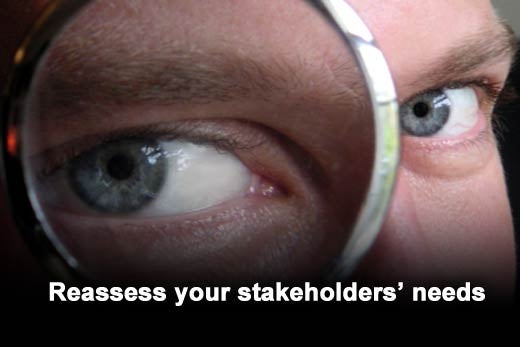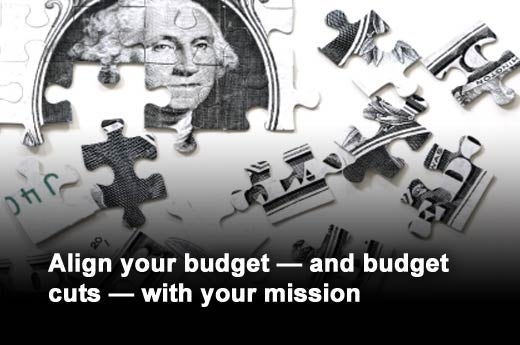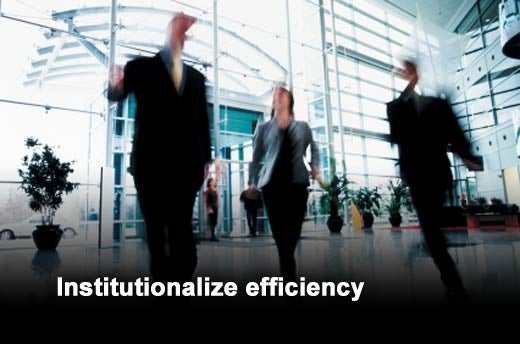By researching the lessons learned from past government downsizing and through a series of recent workshops with current and former government executives, Booz Allen Hamilton identified seven common practices that the most successful public-sector leaders are using to improve effectiveness and efficiency despite major budget cuts.
“Today’s budget realities provide a catalyst and opportunity to drive innovation and improve overall agency effectiveness,” said Booz Allen Executive Vice President Pat Peck. “These shared managerial practices can help agency leaders meet today’s challenges head-on to achieve results and create a more efficient, effective government for the 21st Century.”
Click through for seven leadership practices that can help executives meet the challenges of today's budget constraints, as identified by Booz Allen Hamilton.
Understanding your agency’s changing mission and responsibilities as well its strengths and weaknesses can help you can set a clearer vision for change. For example, after 9/11, many agencies took on new roles. And while the overall mission of some agencies may not have changed, many have been given additional responsibilities, such as for cybersecurity, disaster recovery or regulating economic activity. Agency priorities should match the mission.
Things change fast in this connected, globalized world. As leaders engage their stakeholders, they should make sure they are working with the right people and using the right tools to gauge their changing demands and evolving needs.
When cutting, understanding what is not critical is just as important as understanding what is. Prioritizing resources and mission requirements — from top to bottom — is essential.
Make hard choices and avoid across-the-board cuts that minimize short-term pain but do not improve effectiveness or achieve sustainable savings. “Smart cuts” will position the agency to complete its mission in the future. They also help prevent a devastating cycle of small cuts that weakens the entire enterprise.
Maintaining effectiveness with fewer resources requires some increase in investments to gain efficiencies. For example, consolidation may call for an agency to build new facilities or renovate old ones. This requires up-front investment but provides a solid downstream return in savings and performance. The same is true for moving to a shared services model, expanding telework and other activities that improve effectiveness and efficiency.
Adopt formal processes and provide incentives to make efficiency a systematic and aggressive activity within your agency. To institutionalize efficiency, agencies must create organizational, process and cultural mechanisms that support this goal on an ongoing basis.
Implement aggressive information gathering, robust analytic, and rigorous performance measures to improve the quality of your decisions. This is about more than data collection. Successful leaders ensure that every dollar spent on data produces meaningful returns in terms of speed and effectiveness.










